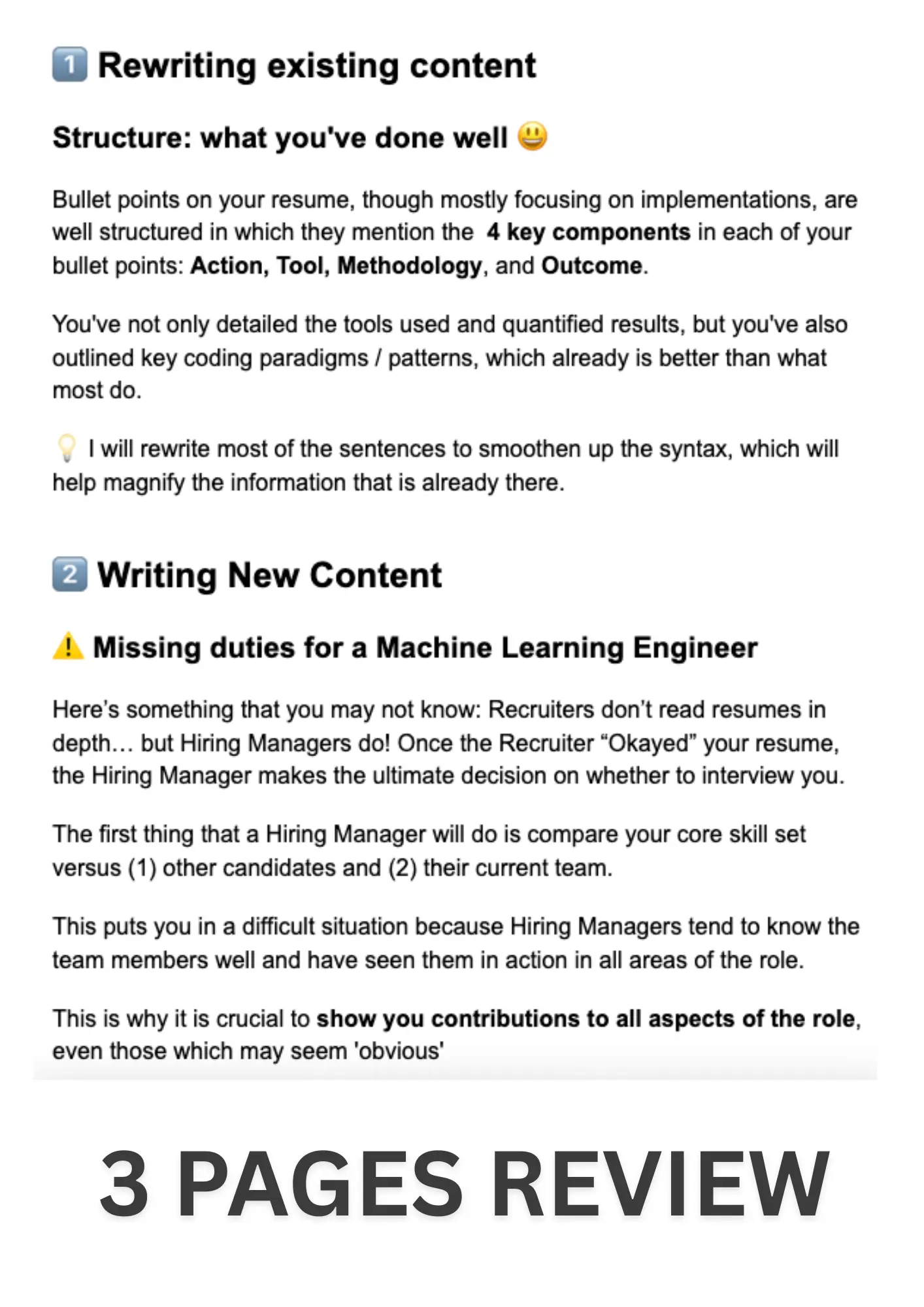Why is the 2025 Job Market so bad
You're not going crazy. 2025 is the worst tech job market since the dot com bubble. This article covers the current situation, how we got here, and where the job market is likely to go next.
Posted on June 20, 2025
Last updated: August 7th, 2025 | 5 min read
It was just announced that rules for the obtaining of the “Business Manager visa” are going to change drastically.
The Business Manager visa allowed foreign entrepreneurs to start companies in Japan. It did so with rather favorable requirements, notably an initial capital investment of 5,000,000 JPY ($34,000)OR the employment of 2 full-time Japanese nationals.
This is the visa I’ve been operating TechieCV under for the last 2 years, allowing me to invest my life savings into a small, bootstrapped business which now has a headcount of 3.
But things have just taken a drastic turn.
Over the last few days, information has gotten out that requirements are set to change within this year. Entrepreneurs will now need to justify a capital investment of 30,000,000 JPY ($200,000) AND the hiring of 1 full-time long-term resident (Japanese national or permanent resident).
Based on information recently shared by numerous Gyoseishoshi (Administrative Scriveners), these new requirements may also impact current Business Manager visa holders.
The decision didn't come from nowhere. The truth is that there has been abuse.
A couple of recent examples:
Beyond fraud, the visa is criticised as being a “visa that you can buy.”
With the yen’s depreciation and Japan’s economic growth, the relative cost of obtaining this visa has dropped. This has resulted in many instances of holding companies being created to hold real estate or other assets, without real business activity.
As a result, Administrative Scriveners (who support visa applications on behalf of their clients) have seen an increasing number of inquiries which aren’t business-motivated.
The negative media coverage, in addition to the surge in questionable visa applications, has prompted institutions to act.
Once these new restrictions are enforced, requests for the visa should drastically drop. In my opinion, here lies the main goal: dissuasion. 30,000,000 JPY is a significant amount to gather, and it will seriously limit the type of companies that one can start.
If you want to create a small business from scratch, without using outside money, you’re out.
This will probably re-focus the visa’s audience to foreign companies looking to launch subsidiaries, or VC-backed start-ups.
This feels contradictory for a government trying to encourage entrepreneurship, start-ups, and young founders. These new visa requirements will inevitably create a higher barrier to entry, in a country where both demography and economy are in desperate need of new blood.
More worrying even, is the situation of those who are already here. The (limited) information available hints at the fact that visa renewals may also be impacted by these changes.
A large number of honest founders running real businesses (with customers and revenue!) do not satisfy these criteria. For those (like myself) who need to renew their visa this year, the situation is serious.
I can only hope that the Immigration Services Agency brings clarity to the issue fast.
It would only seem fair to subject only new businesses and applications to these heightened requirements, so as not to change the rules of the game after it’s started.
We don't know yet. The law hasn't changed, so the old requirements remain valid. It is said to change within this year (2025), however there is no indication as to exactly when.
I'll assess your resume personally.
and write a 3 pages review.
You'll get:
1️⃣ Detailed recommendations on how to improve your CV.
2️⃣ Insider secrets on how your resume is reviewed.
3️⃣ Examples of rewriting for inspiration.

On this page